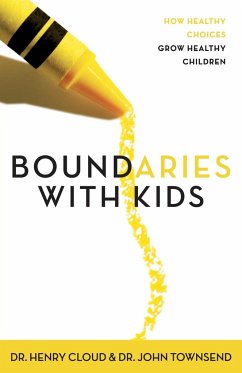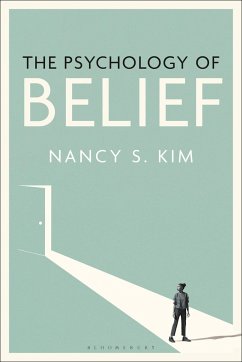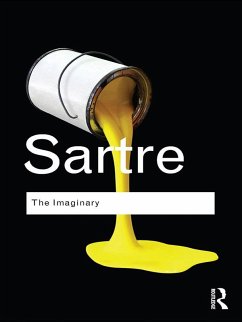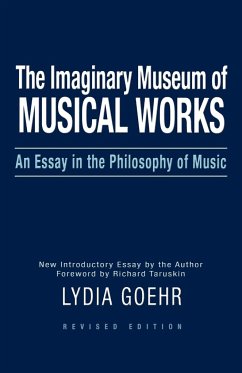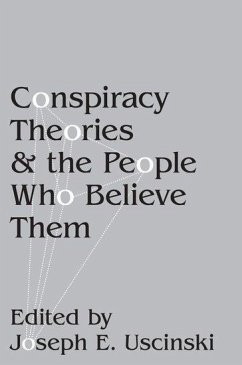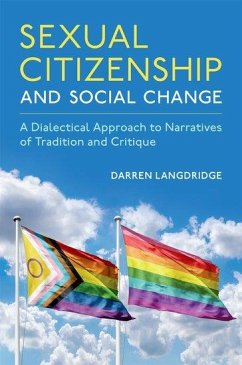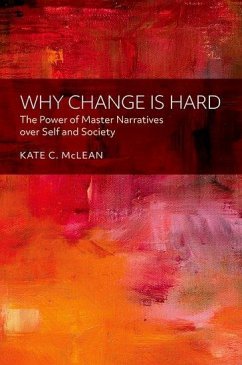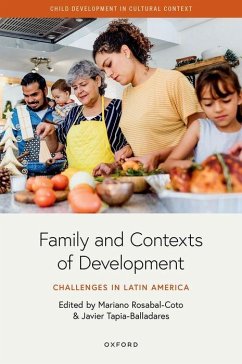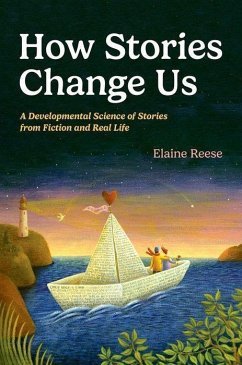
Imaginary Friends and the People Who Create Them
Versandkostenfrei!
Versandfertig in über 4 Wochen
35,99 €
inkl. MwSt.
Weitere Ausgaben:

PAYBACK Punkte
18 °P sammeln!
In this expanded second edition, Marjorie Taylor and Naomi R. Aguiar provide an update on the research into imaginary friends that has taken place in the past twenty-five years. This book explores how imaginary friends function in the lives of children and adults alike, including the creation of imaginary worlds and characters in fiction writing, the development of creativity and social understanding, and their role in coping with trauma.




